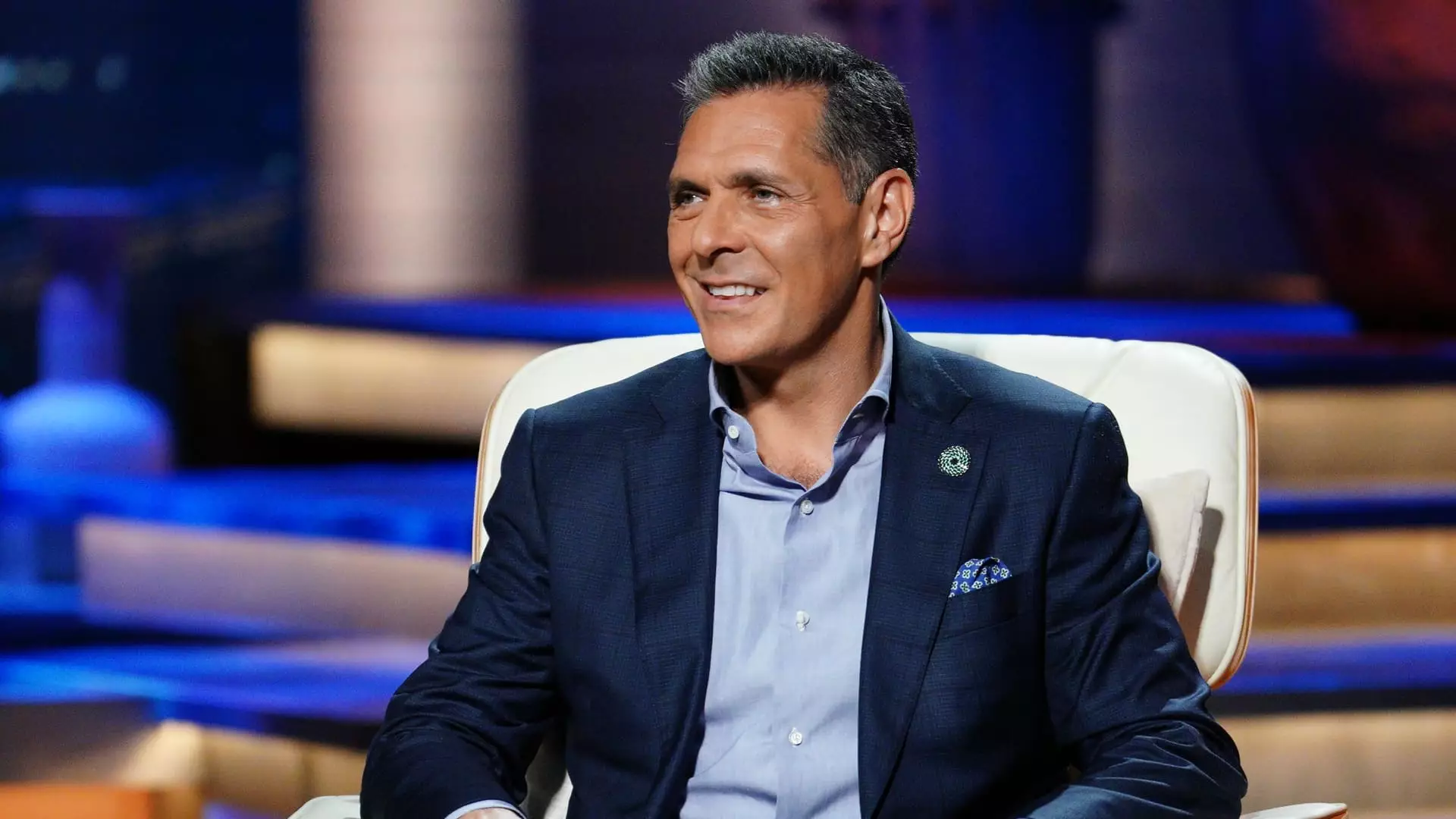Daniel Lubetzky, the brain behind Kind snacks, has undergone a fascinating transformation from banking on nut-and-fruit bars to investing in longevity and wellness. Such a pivot isn’t merely a passing phase; it signifies a deeper understanding of market dynamics, revealing either an impressive foresight or a desperate grasp for relevance amidst evolving consumer trends. After selling a controlling stake in his popular snack company to Mars in 2020, Lubetzky operates through his family office, Camino Partners, which has diversified its focus from snacks to sectors like fitness and home health care. This shift toward longevity could be deemed both visionary and audacious, appealing directly to today’s health-conscious consumer.
The emphasis on investing in health isn’t just a trend—it’s the marrow of current economic discourse, especially following the pandemic that thrust health and wellness into the spotlight. However, it begs the question: is this genuine commitment towards consumer well-being or merely a trend-driven sugar rush?
The Landscape of Family Offices: A New Wave of Investment
Camino’s emergence is emblematic of a broader trend among family offices that have enjoyed growth from food ventures but are now branching into other verticals. Over 100 family offices, comprised of snacking giants and culinary connoisseurs, are walking down a similar path. Take Paul Merage, co-founder of the Hot Pockets brand, whose foray into real estate through Consolidated Investment Group stands in stark contrast to his culinary beginnings. This stark deviation raises eyebrows: are these entrepreneurs leveraging their culinary successes to tap into newfound territories, or simply flailing in search of the next big market?
Investing is inherently risky, and the allure of new sectors may divert attention from nurturing the foundational businesses that fostered their fortunes. Such a diversion could risk diluting brand legacy and losing sight of the primary consumers who once championed their products.
Expertise Over Grit: Rethinking the Early-Stage Investment Game
The wisdom emerging from Camino Partners centers around an intriguing proposition: moving away from early-stage investments toward more established companies. Lubetzky initially harbored ambitions of cultivating start-ups, envisioning a nurturing environment that would yield innovative products. However, after insightful counsel from his team, he shifted gears in favor of proven entities yielding revenues exceeding $20 million. This change illuminates an essential truth about entrepreneurship: sustainability trumps novelty when it comes to securing capital.
Investing in nascent companies could undoubtedly amplify risks, and Lubetzky’s hesitancy to sever ties with struggling ventures is commendable, yet it indicates a broader concern about emotional investments clouding rational judgment. In the world of venture capitalism, sentiments can, unfortunately, obstruct sound decision-making.
Navigating New Markets: A Crossroads of Intensive Expertise
As Lubetzky turns his gaze beyond consumer goods into realms like aerospace and deep technology, it becomes evident that investing in unfamiliar territories comes with its own set of challenges. Rather than flying solo, Camino often opts for seasoned fund managers to facilitate entry into these uncharted waters. This strategy reflects an ongoing tension between the entrepreneurial spirit and a prudent need for specialized knowledge.
Does this mean that Lubetzky’s empire is poised for still greater heights, or does it suggest a lack of confidence in his own prowess? There’s intrigue in leveraging experts, yet it raises legitimacy questions about the authenticity of “visionary” strategies in today’s market.
While risk-taking is an intrinsic part of entrepreneurship, pursuing ventures in untested markets while still leaning on foundational experiences and expertise implies a harmonious balance between ambition and prudence—a philosophy that many—even beyond Lubetzky—could consider adopting.
Each of these insights presents a layered perspective on Lubetzky’s journey, challenging us to question the authenticity of intentions in shifting markets and the vulnerability of legacy brands facing a future so decidedly entwined with health and wellness.

